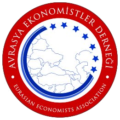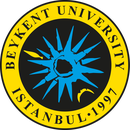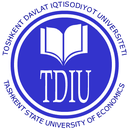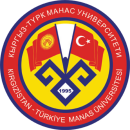
International Conference on Eurasian Economies
18-20 June 2018 – Tashkent, UZBEKISTAN
Paper detail
Paper ID : 2075
Status : Paper published
Language : Turkish
Topic : Macroeconomics
Presenter: Mr. Sezai Ata
Session : 1C Makroekonomi
The Macroeconomic Effects of Credit Regulations
Kredi Düzenlemelerinin Makroekonomik Etkileri
- Mr. Sezai Ata (Presidency of Republic of Turkey - Presidency of Strategy and Budget, Türkiye)
Abstract
In this study, the effects of macro prudential policies on consumer loans in the recent period are examined on the basis of total loan developments and credit type. The findings of the study show that macro prudential policies are quite effective in slowing down the growth rate of total credit and consumer loans for the ultimate purpose. In addition, the overall provisioning and risk weighting regimes provided banks with a modest level of capital adequacy ratios and prevented banks from growing in risky assets. The results of some loan types indicate that credit utilization, determined by changes in interest rates, can also be limited through macro prudential policies. Regulations for credit are not final and invariable. Credit data should be followed up at regular intervals and adjusted to the most appropriate state by tightening or loosening when necessary. In order to balance the large price increases between regions and to prevent speculative movements in the housing market, it is necessary to determine speculative region criteria specific to Turkey and then apply it to prevent speculative price bubbles. It is important to analyze the effect of rapid growth of residential mortgage lending on housing prices and also on the income distribution in the middle and long term. Considering the recent low or negative rate hikes in credit card expenditures, the effects of the flexibility introduced in installment numbers in September 2016 should be monitored in the upcoming period. Restrictions should be somewhat eased if they are not sufficient.
JEL codes:
Ata, Sezai (2018). "The Macroeconomic Effects of Credit Regulations" in Proceedings of International Conference of Eurasian Economies 2018, pp.257-267, Tashkent, UZBEKISTAN.
DOI: https://doi.org/10.36880/C10.02075




